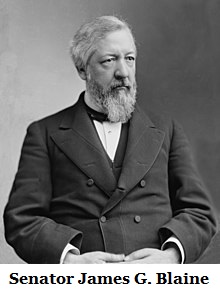





| Benton County Republicans’ Private Fundraising Event, “Bent-on Boots and Bling” with Trey Taylor |
| Friday, September 5, 2025 at 5:00 pm |
| Featuring Trey Taylor Music Private Event Friday, September 5, 2025 5:00-5:30 pm VIP Reception 5:30-8:00 pm Heavy Appetizers, Auction, Concert Red: $750 VIP Reception Front Row Table Sponsor White: $500 Table Sponsor Blue: $50 per person Limited Seating. Get Yours Now!!! Support Local Dress up: Bling, Cowboy, Patriotic Benton County Republican FUNDRAISER www.BentonGOP.org Get your tickets today at: https://www.bentongop.org/event-details/benton-county-republicans-fundraiser/form About Trey: Trey is the youngest African American Man in Country Music History. The Denver Post wrote "It's impossible to miss his enthusiasm. With a fondness for cowboy boots, gaudy colors and dazzling jewelry, Trey Taylor could stand toe to toe with any of the Pop, Country or even Rap contemporaries of his generation.“ |
| Trysting Tree Golf Club, 34028 NE Electric Rd., Corvallis |

The Montana Legislature established a program to provide tuition assistance to parents who send their children to private schools. The program grants a tax credit to anyone who donates to certain organizations that in turn award scholarships to selected students attending such schools. When petitioners sought to use the scholarships at a religious school, the Montana Supreme Court struck down the program.
All states but 10 have some version of a Blaine Amendment or legislation that was struck down by this decision. Unaffected states include Arkansas, Connecticut, Maine, Maryland, New Jersey, North Carolina, Rhode Island, Tennessee, Vermont, and West Virginia.[T]his Court has repeatedly upheld government programs that spend taxpayer funds on equal aid to religious observers and organizations, particularly when the link between government and religion is attenuated by private choices. A school, concerned about government involvement with its religious activities, might reasonably decide for itself not to participate in a government program. But we doubt that the school’s liberty is enhanced by eliminating any option to participate in the first place.
Look for a blossoming of state voucher programs in states that have legislatures friendly to this type of aid. Voucher programs are seen as particularly liberating to communities which are struggling economically, as they allow everyone to send their children to private schools, not just the wealthy.| Post Date: 2020-06-30 21:01:43 | Last Update: 2020-07-01 12:29:47 |